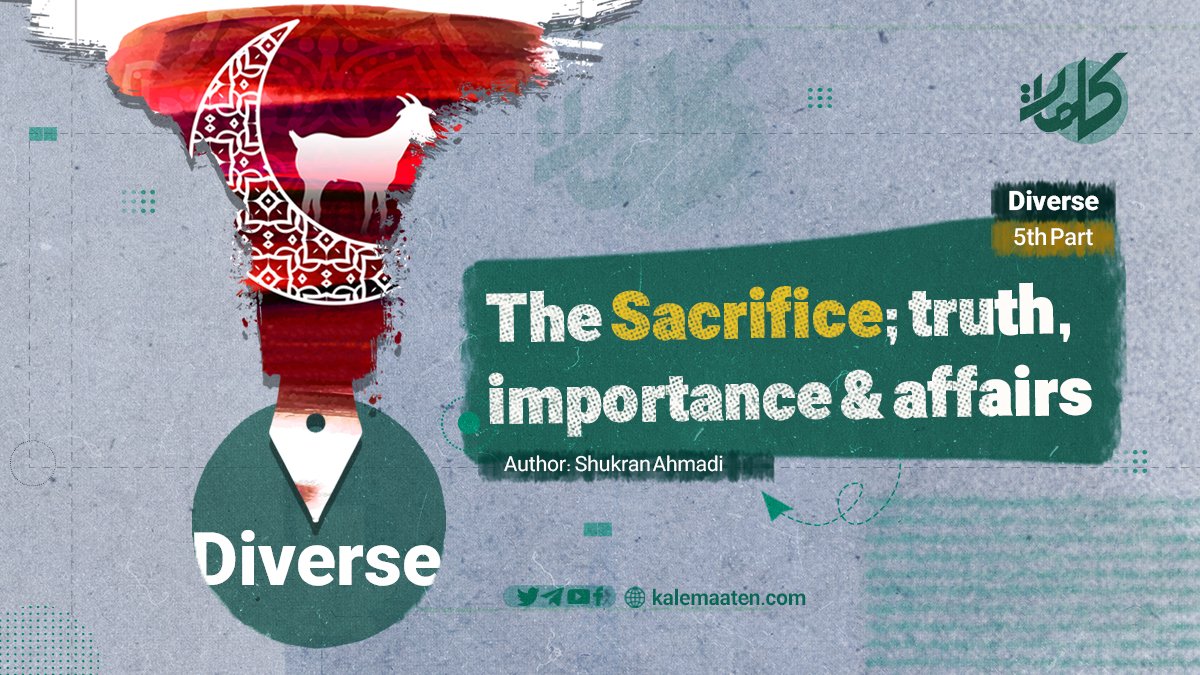
Author: Shokran Ahmadi
Sacrifice time
-
In cities and towns where Friday and Eid prayers are permissible, it is not permissible to sacrifice before Eid prayers. If someone kills his sacrifice before the Eid prayer, another animal sacrifice is required for him; Of course, in small villages where Friday and Eid prayers aren’t allowed, people can slaughter their sacrifices on the 10th of Dhul-Hijjah after dawn. Also, if the Eid prayer isn’t offered on the first day due to some excuse, after the time of prayer, people can slaughter their sacrifices.
-
The time of sacrifice is from the 10th of Dhul-Hijjah (the first day of Eid al-Adha) to the evening of the 12th day, that is, 3 days. He can sacrifice every day he wants; But the best day for the sacrifice is the first day, then the second and finally the third.
-
Slaughtering the sacrifice before the Eid prayer isn’t correct, because after the Eid prayer, people should slaughter the sacrifice. But if a person lives in such a village where the Eid prayer is not performed, he can slaughter his sacrifice in that village before the Eid prayer.
-
If a person sends his sacrifice in a village where the Eid prayer isn’t offered and is slaughtered there before the Eid prayer, it is correct; Even if he is in the city. The owner of the victim can ask for it after slaughtering and use its meat.
-
On the twelfth day of Dhul-Hijjah, the third day of Eid al-Adha, it is permissible to slaughter the sacrificial animal until sunset. It isn’t right to slaughter a sacrificial animal after sunset.
-
During the days of sacrifice, whenever he wants, he can sacrifice; It doesn’t matter if the animal is slaughtered during the day or at night; But it is better to slaughter during the day.
-
If a person was on a trip on the 10th or 11th of Eid al-Adha and reached home before sunset on the 13th, or stayed somewhere for 15 days with the intention of performing Iqamah, the sacrifice is obligatory on him. Also, if a person didn’t have enough wealth before that the sacrifice is obligatory on him, he became rich on the 12th day before sunset, then it is obligatory for the mentioned person to sacrifice the sacrifice.


